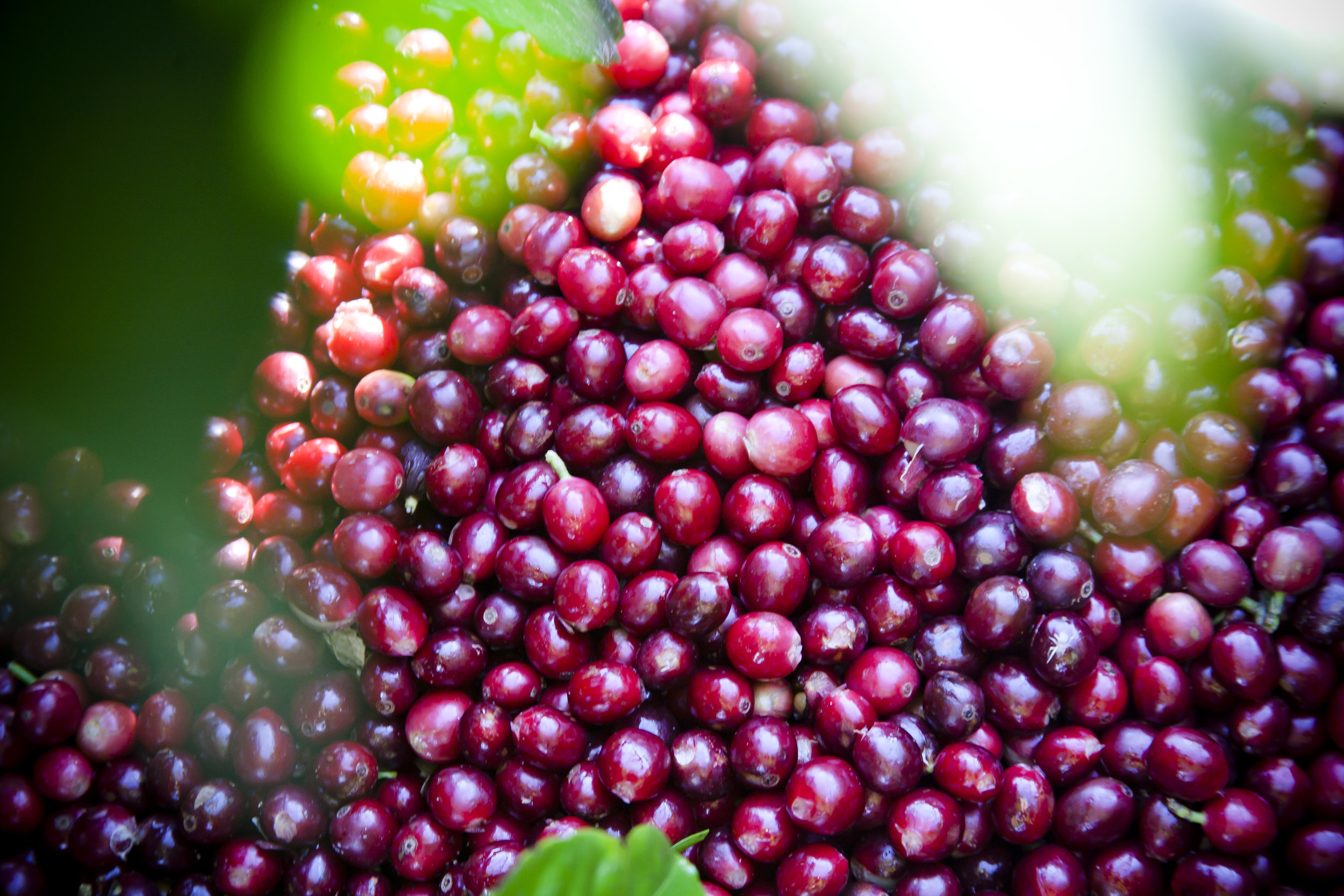No, this is not a post about secret codes, nor do I want to talk about pure sciences or numerology. I want to talk about the relevance of these specific numbers that you just read out of context, because they are tremendously important for Latin America: We are talking about 14 projects that aim to change the reality of thousands of smallholder producers in the entire region. The total investment will be of US$24 million dollars, with the support of 16 partners. The last digit is literally the one that brings it all together: 1 vision.
These numbers are already starting to become a reality with the effort of all partners. The first period for receipt of SAFE projects proposals has recently ended: Being the first call for proposals of a newly created platform, we were expectant about the response we would receive. Now, just days after closing the period for Individual Projects, we are pleased with the interest shown and the quality and quantity of the proposals we have received this year.
This is of course no surprise: Although SAFE is a new initiative, it builds on the broad experience of our partners, which include the platform’s founder, Multilateral Investment Fund (MIF), and the platform’s manager, Hivos along with 14 other partners: Solidaridad Network, Rainforest Alliance, The Coalition for Coffee Communities, S&D Coffee & Tea, Farmers Brothers Co., Root Capital, Catholic Relief Services, Grameen Foundation, Keurig Green Mountain Inc., ECOM Trading, Starbucks Coffee Company, Sustainable Commodity Assistance Network (SCAN), The Committee On Sustainability Assessment and Hans R. Neumann Foundation. This call resulted in 6 proposals for Individual Projects of up to US$2.5 million each, and another 6 proposals for Small Interventions of approximately US$140k each.
A glance into new SAFE Projects
Long before this project call, a decision was made to divide projects depending on their scope, time and investment. Individual Projects refer to SAFE projects that will be developed in one to three years with a maximum grant funding from MIF of US$1 million, together with a co-funding provided by the executing partner; Small Interventions are projects that should be developed in one year –although, there could be some exceptions- with a total investment of US$140k, of which 40% will be funded by MIF, and complemented with counterpart funds. They are both very important and carry on different functions.
A preliminary screening of the Individual Project proposals revealed a good mix of technical assistance, capacity building, field-level research, best management practices, technological tools, policy development, innovative pre-competitive approaches and outreach mechanisms. On the other hand, the Small Interventions surprised us with the diversity of proposals and a wide range of implementation zones, seeking to reach 22500 smallholder families in Colombia, Nicaragua, Honduras, Peru and Guatemala.
Good business and a thirst for knowledge
From the creation of commercial relationships in responsible supply chains, to the development and validation of methodologies that will align investments and measure their impact across a landscape and over markets, most of SAFE project proposals include components related to the platform’s strategic area of value chain development and responsible sourcing. Additionally, projects aim to address gender equity issues within the coffee sector, improve resilience to climate change through the adoption of climate smart agricultural practices and empower women and youth to become agents of change.
The collaborative work of private industries, governments, public organizations, cooperatives, and cooperation agencies is essential to build a sustainable future for coffee and cocoa growing communities and the landscapes they are a part of. Through their proposals, SAFE partners have shown their commitments to help build stronger networks and share knowledge to drive a more coordinated action from the private and public stakeholders in the sector.
Proposals are also aligned in their interest to develop local capabilities, create, implement and disseminate accessible tools and use technology to reach more farmers. They also show a thirst for sharing knowledge and learning across initiatives, which leaves us eager to see what we can achieve together, and the new ideas that may arise once we share the lessons learned from these projects.
This first call has reaffirmed that digits are important. SAFE will work to improve smallholder farmers’ businesses, incomes and knowledge just as much as the partners’. Now we move forward to the contracting phase of these wonderful projects knowing that when NGOs, governments, businesses, corporations and multilateral cooperation agencies join forces to work together, numbers can really add up for the best.
